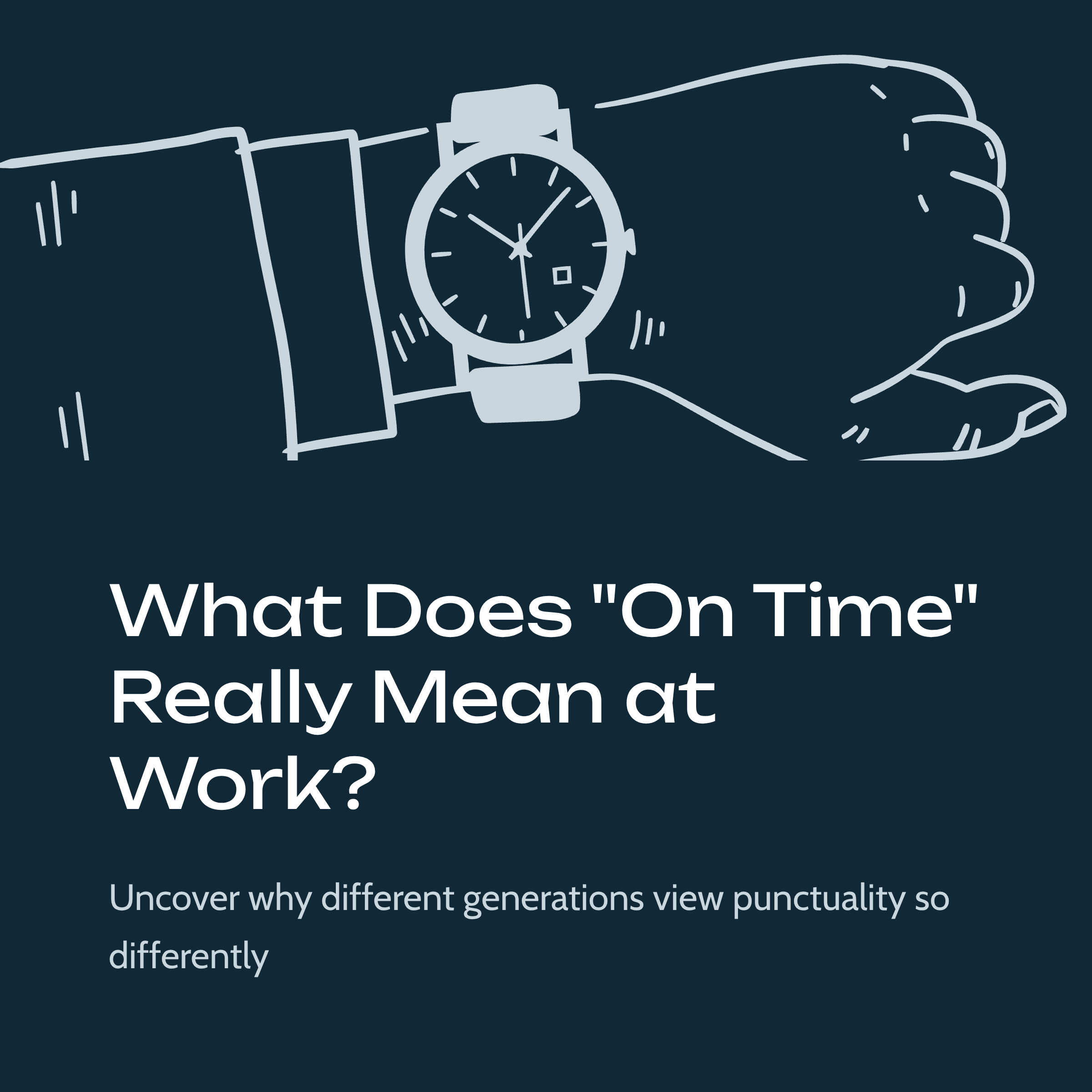From Tension to Teamwork:
Reflections on the Future of Work
Are You a Perennial? Why Mindset Matters More Than Age
In a world obsessed with generational labels, there's a more powerful way to describe how we move through life. Perennials aren't defined by birth year—they're characterized by curiosity, adaptability, and genuine connections across all age groups. Discover the 10 signs you might be a Perennial and why this mindset is exactly what today's workplace needs.

Welcome to the GenShift Podcast
The GenShift Podcast, hosted by generational strategist Katherine Jeffery, explores how Traditionalists, Baby Boomers, Gen X, Millennials, Gen Z, and even Gen Alpha shape today’s workplace and relationships. Each episode features real conversations across generations, offering fresh insights into leadership, collaboration, and connection. Subscribe to learn how to bridge generational divides and thrive in a multigenerational world.

Which Generational Mindset Do You Lead With? Take the Quiz
Do you think like a Traditionalist or a Gen Z disruptor? The Generational Mindset Quiz helps uncover your leadership and collaboration style—beyond your birth year.

The Case for Generational Awareness Training in the Workplace
Generational conflict is real—and it’s costing companies in collaboration, engagement, and performance. Learn why generational awareness training is no longer optional and how it can transform your team culture.

Gen Z at Work: Navigating the New Workforce Landscape
Gen Z is no longer the future of the workforce—they’re shaping it now. Known for their values-driven mindset, digital fluency, and hunger for growth, Gen Z professionals bring fresh energy and adaptability to today’s rapidly evolving workplace. In this post, we explore why hiring Gen Z isn’t just smart—it’s essential for building a resilient, innovative, and purpose-driven organization.

When Five Generations Share a Table: Turning Tension into Teamwork
Five generations now share the workplace—and with that comes both tension and transformative potential. In this post, Dr. Katherine Jeffery explores what each generation brings to the table, why generational conflict is often misunderstood, and how Generational Intelligence™ helps teams move from disconnect to dynamic collaboration. If you're leading in a multigenerational workplace, this read is essential.

The Generational Cheat Sheet: Your Free Guide to Understanding Today’s Multigenerational Workplace
Get your free Generational Cheat Sheet—a practical guide to understanding values, communication styles, and leadership preferences across five generations at work. Perfect for team leaders, facilitators, and inclusive workplaces.

Climbing the Ladder: Generational Approaches to Career Success
From the loyalty of Traditionalists to the digital drive of Gen Z, workplace values have evolved dramatically across generations. This visual guide breaks down how each cohort—Traditionalists, Baby Boomers, Gen X, Millennials, and Gen Z—approaches career success, what they prioritize, and the lasting impact they’ve had on today’s workforce.
Whether you're managing a multigenerational team or building future-forward leadership strategies, understanding these shifts is key to fostering engagement, retention, and collaboration.
Explore the full breakdown to learn how generational dynamics continue to shape the future of work.